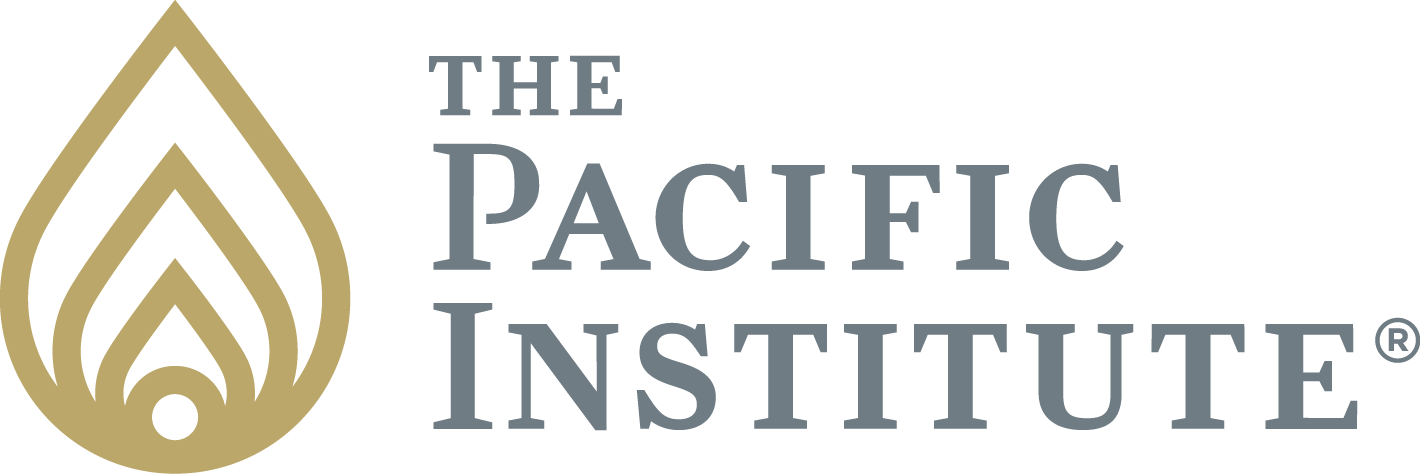Ego: Big Vs. Strong
Written by The Pacific Institute
| April 27, 2020

Not too many people want to think of themselves as having a “big ego,” but having a strong ego is definitely a good thing. Building out from last week’s fifth step of maturity (Identity), today let’s explore the difference between “big” and “strong.”
How strong is your ego? Many people think that the term “ego” has something to do with being a braggart or totally self-interested, but that’s incorrect thinking. Actually, psychologists tell us that the ego is that part of our personality that directs our activities, so we can get our needs met and survive. It is a normal and necessary part of who we are. Without the development of the ego, homo sapiens as a species may not have survived.
Having good ego strength means you perceive things accurately and have the ability to make wise decisions. It also generally means that you have self-confidence, self-esteem, and poise under pressure. Ego strength has nothing whatever to do with people we think of as having “big egos”- those macho folks who like to push other people around and blow their own horns to get attention. Typically, these people have poor self-confidence and self-esteem, and are merely trying to cover up the fact that they know they are not quite good enough.
On the contrary, strong ego often shows up as resiliency – the ability to bounce back from adversity – and the flexibility to take advantage of change. It’s a hallmark of a growth mindset. According to Dr. Charles Garfield, author of “Peak Performers,” ego strength – a thoughtful, systematic program of personal growth – can help us enormously as we navigate our day to day lives. Ego strength is one of the things that gets us through challenging times, helping us to come out even stronger on the other side.
The education of The Pacific Institute has been helping people in this way for five decades now, so we know that if you choose to – and remember, it is your choice – you can take the steps to achieve a vital, truthful and healthy ego!




